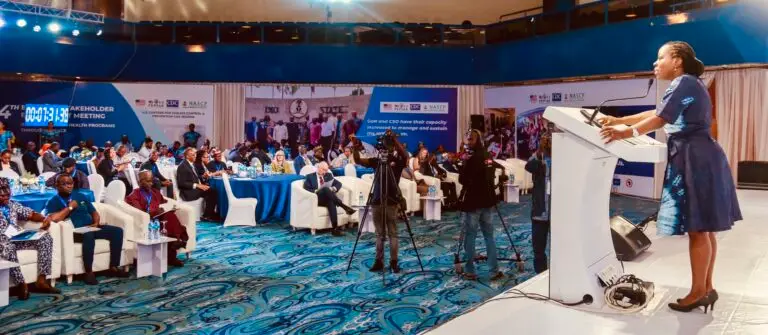Dr. Mary Boyd, Director of the U.S. Centers for Disease Control and Prevention (CDC), expressed optimism at a recent stakeholder meeting in Abuja that Nigeria can achieve significant progress in its fight against HIV.

By 2030, the country has the potential to effectively control the spread of HIV, reducing its impact to the point where it’s no longer a major public health threat.
This encouraging outlook stems from the U.S. CDC’s commitment to collaborating with Nigerian health officials and stakeholders.
The recent meeting in Abuja focused on improving public health programs through scientific collaboration.
Discussions highlighted the importance of ongoing scientific efforts aimed at reaching children who haven’t received proper vaccinations and strengthening Nigeria’s ability to combat disease outbreaks in general.
These efforts are crucial for ensuring the health and well-being of Nigerians throughout the country.
The meeting also emphasized the critical role of local health authorities in achieving success in the fight against HIV and other public health challenges.
State-level HIV programs and partners were provided a platform to share their scientific work and best practices.
Presentations focused on building strong partnerships for effective public health programs and the importance of data-driven program design.
This exchange of knowledge and expertise is essential for tailoring public health interventions to meet the specific needs of different regions in Nigeria.
The U.S. CDC remains a committed partner in supporting Nigeria’s progress.
The next stakeholder meeting is scheduled for later this year, providing another opportunity to review progress and plan for continued collaboration.










